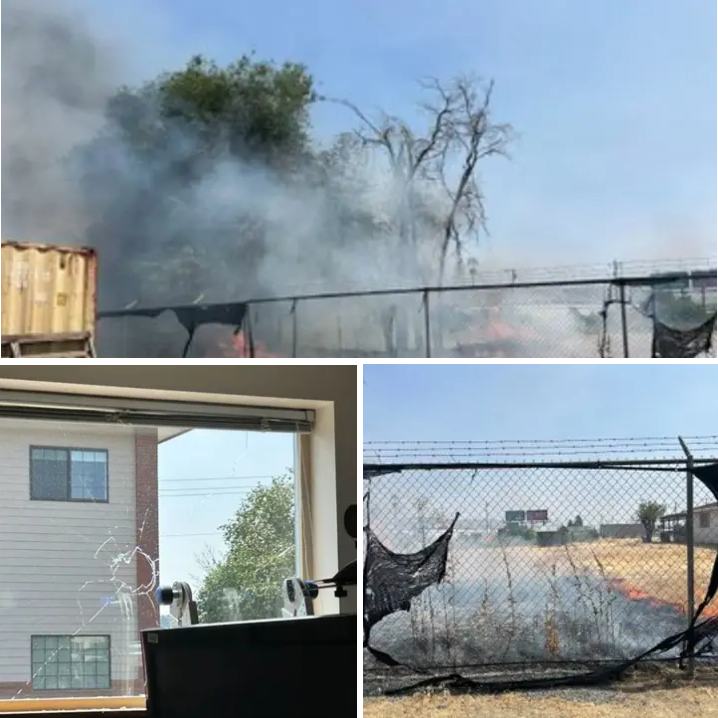A major employer in Pennsylvania’s Lehigh Valley region is preparing for a significant workforce reduction that will impact hundreds of families. Mack Trucks, a longstanding name in the local manufacturing industry, has announced plans to lay off a substantial number of workers at its facility in Lower Macungie Township. The news, which surfaced this week, has sparked concern and disappointment among community members and local leaders who view the layoffs as a troubling sign for the regional economy.
According to State Representative Josh Siegel, who represents the 22nd District, Mack Trucks will be letting go of between 250 and 350 employees. Siegel, who shared the update publicly on Thursday, expressed deep concern over the situation. While layoffs are often framed in statistics, Siegel emphasized the human impact behind the numbers. For many in the community, these aren’t just job cuts—they represent lost livelihoods and uncertain futures for workers and their families who have contributed to the local and national economy.
The representative was candid in his reaction, describing the job cuts as a heartbreaking setback for the Lehigh Valley. He highlighted the workers’ importance beyond their roles on the assembly line, pointing out that they are integral members of the community—parents raising children, veterans who served their country, and skilled professionals whose labor supports American industry. Siegel’s words underscored the emotional and economic toll this decision could have on those affected.
This announcement has stirred conversations not just about job security, but also about the state of manufacturing in the region. Mack Trucks has long been viewed as a cornerstone of the local economy, providing stable employment and supporting surrounding businesses. The decision to reduce its workforce may be reflective of broader challenges within the trucking or manufacturing industries, though the company has not made a detailed public statement about the reasons behind the move.
As the community braces for the layoffs, local leaders and organizations are expected to seek ways to support the affected workers. Whether through workforce retraining programs, job placement services, or state-level assistance, efforts will likely be needed to cushion the blow for those who now face job loss. In the meantime, the region watches with concern as one of its key employers prepares to make a difficult transition, reminding everyone just how interconnected jobs, families, and local economies truly are.



